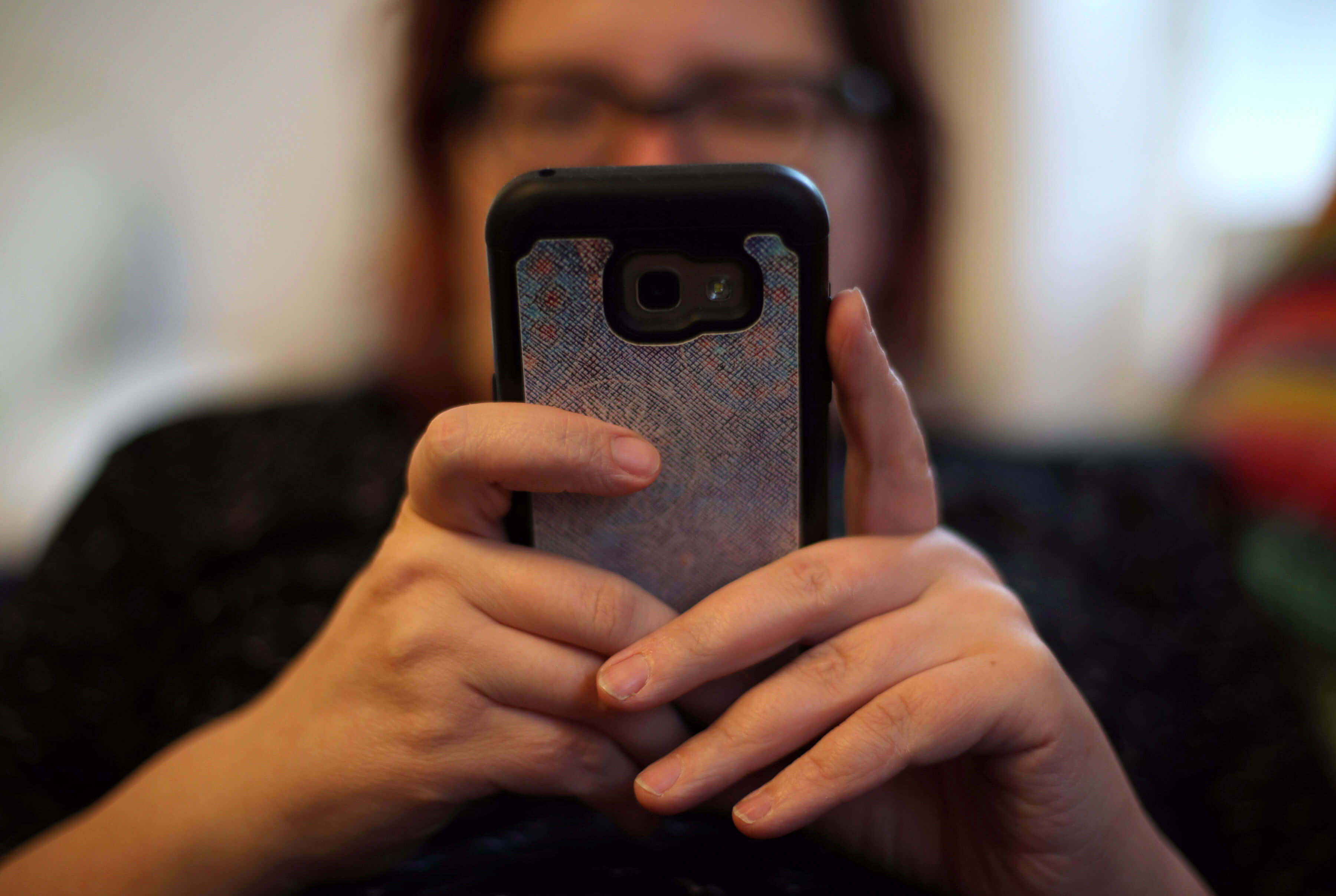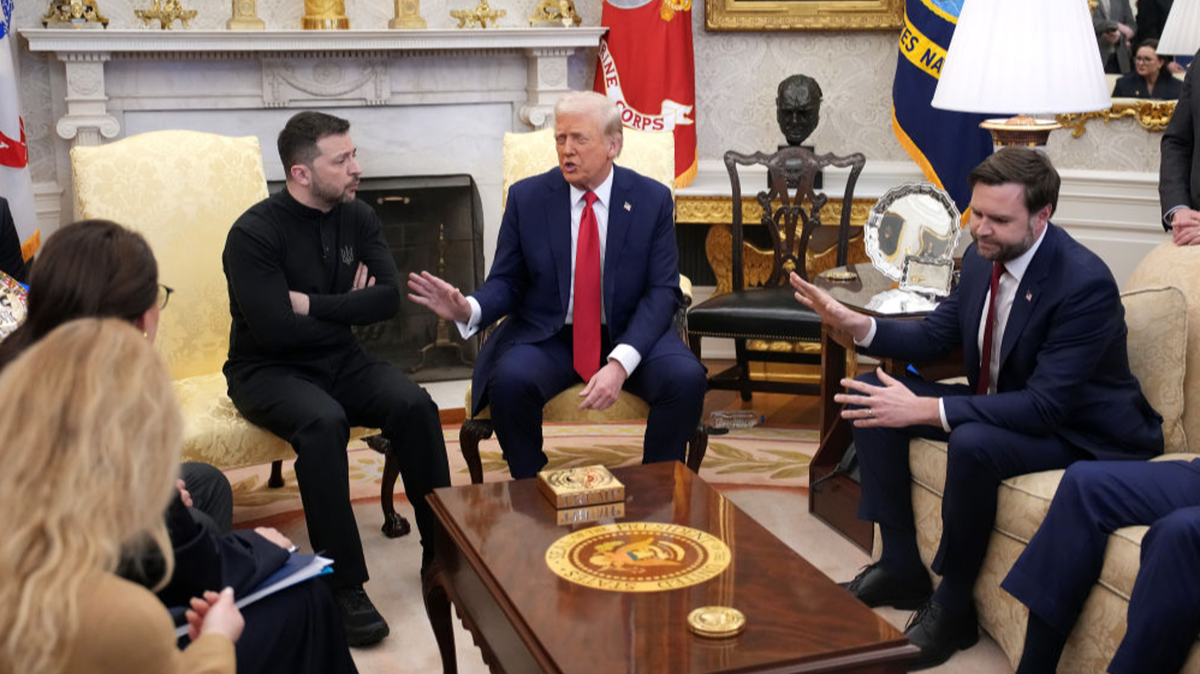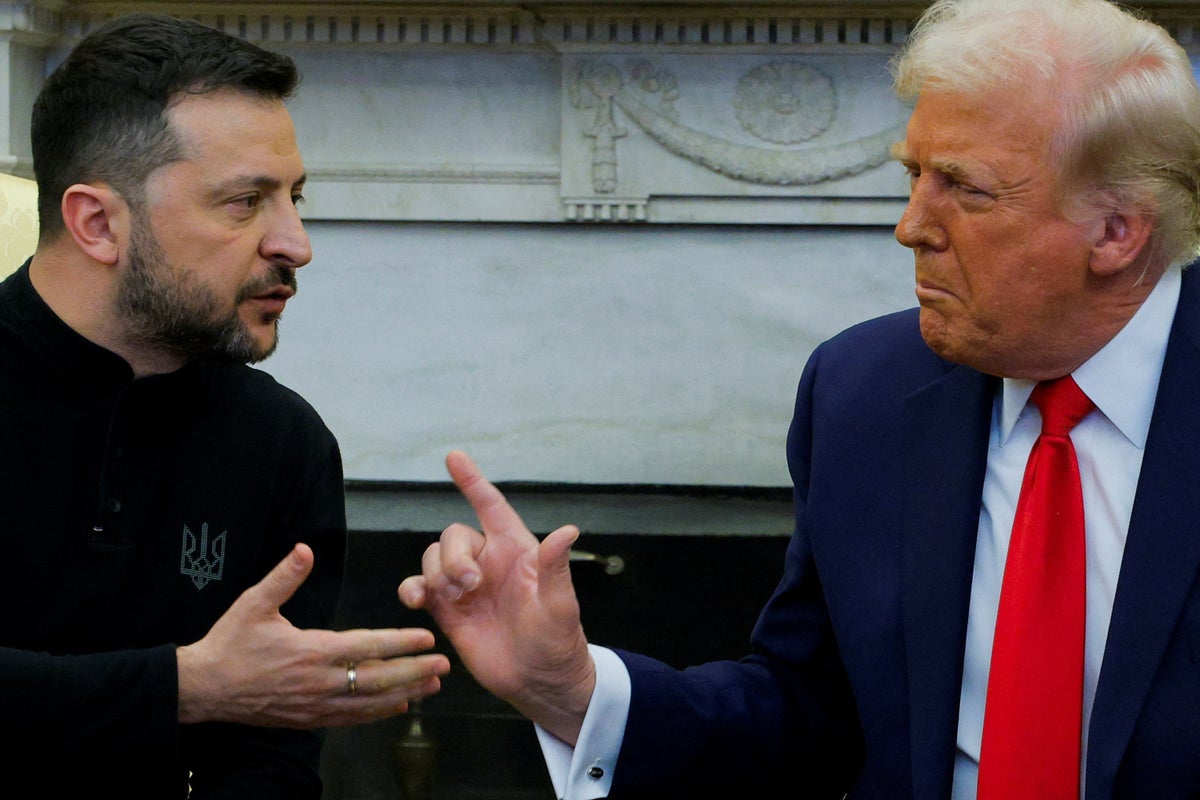US Supreme Court refuses to take up challenge to Seminole Tribe’s online sports betting

The U.S. Supreme Court on Monday refused to take up a challenge to an agreement that gave the Seminole Tribe exclusive rights to handle online sports betting in Florida, dealing a blow to the deal’s opponents.
The nation’s highest court denied a petition from opponents of the compact, which promises to rake in hundreds of millions of dollars for the tribe and the state.
The decision was the latest setback for West Flagler Associates and the Bonita-Fort Myers Corp., which operate racetracks and poker rooms in Florida. In March, the Florida Supreme Court ruled that the companies had filed the wrong type of petition to challenge the 2021 compact between the Seminole Tribe of Florida and Gov. Ron DeSantis’ administration.
“What’s important with today’s announcement is that the most significant barrier to online sports betting in Florida has been removed,” said Daniel Wallach, a South Florida attorney and sports betting law expert who had filed a brief asking the Supreme Court to either take up the case or reverse it outright.
The companies say the compact gives the tribe a sports betting monopoly in the nation’s third-most populous state and that the U.S. Department of Interior wrongly approved the compact even though it violates the Indian Gaming Regulatory Act, which requires that gambling occur on tribal lands.
The plaintiffs questioned whether online sports bets that can be placed from anywhere in Florida could be considered to be on tribal land when only the computer servers that host the betting services are located there.
They said DeSantis and the Legislature, which approved the compact, improperly exceeded their powers by authorizing sports betting off tribal lands.
In their state court challenge, they argued that the deal creates a backdoor way out of a requirement, passed by voters in 2018 as an amendment to the Florida Constitution, that a citizens initiative is needed to expand casino gambling outside of tribal land. The tribe has argued that the Legislature has the authority to decide where online gambling is initiated and that the amendment doesn’t change that.
Attorneys for DeSantis and the legislative leaders have said that sports betting is different from casino gambling and therefore isn’t prohibited by the amendment.
The tribe launched its online sports betting operation late last year, and Florida’s share of 2024 revenues is already more than $120 million. State economic forecasters predict that the revenue sharing from tribal gambling could total $4.4 billion through the end of this decade.
Monday’s decision could encourage other tribes to follow the same path to operate online gambling, Wallach said.
“Tribes in other states stand to benefit from this decision because now they have a clear roadmap that has cleared judicial review,” Wallach said. “I would expect to see efforts ramped up in other states.”
Related
Sports Betting Giant Flutter Forecasts Strong U.S. Growth To Drive…
Flutter CEO Peter Jackson.Courtesy of Flutter Entertainment Flutter Entertainment, the world’s largest online gambling company, said that it’s expecting str
BetBlocker Enters US Responsible Gambling Market
The charity, originally from the UK, launched a US unit, BetBlocker US, as part of its North American entry. The organiz
Viewers react to ’embarrassing’ JD Vance comment toward Zelenskyy as…
Social media users watching clips of the heated meeting between President Donald Trump, Vice President JD Vance and President Volodymyr Zelenskyy have called a
Ukraine latest: Zelensky urges Trump to stand ‘more firmly on…
We have Zelensky's statement in full Below, we have Ukrainian president Volodymyr Zelensky’s statement in full after touching down in the UK following a fiery













